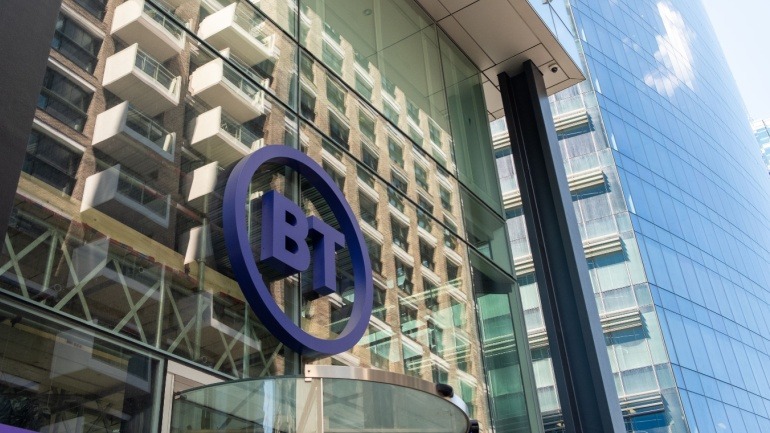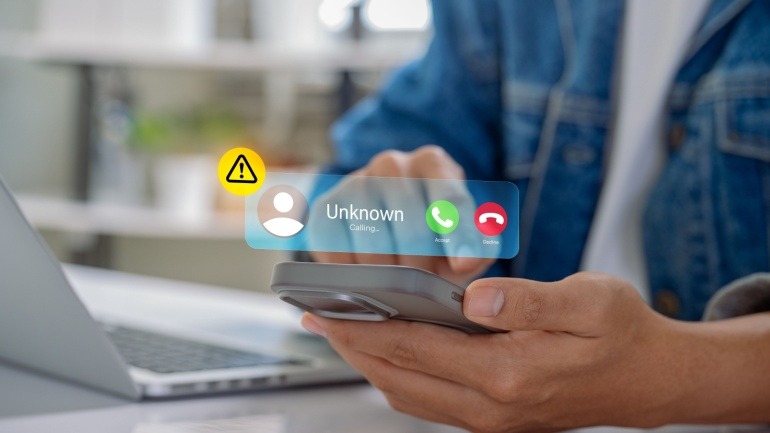BT’s sovereign platform caters to the digital sovereignty needs of U.K. entities, offering enhanced control over data and systems. This timely initiative addresses sovereignty amid geopolitical challenges and supports secure operations within the U.K. BT leverages its secure network expertise, focusing on services like voice, cloud, and AI, highlighting its role in digital autonomy.
The UK government is bolstering telecom consumer protection by engaging major operators like BT, Virgin Media O2, and Vodafone to prevent unexpected price hikes in contracts. With the telecom sector’s evolution, emphasizing transparency ensures that consumers can trust their mobile and broadband providers, safeguarding connectivity and fostering digital growth.
The UK’s focus on safeguarding its undersea networks is critical amid rising tensions with Russia and China. With concerns over VoIP communication vulnerabilities and infrastructure threats, the Royal Navy is vigilant. Reforms ensure clear accountability, emphasizing the importance of protecting crucial subsea networks for digital security.
The UK telecom industry is launching a Telecommunications Fraud Charter to combat scam calls effectively. Key players like BT, Virgin Media O2, and Vodafone are collaborating to protect consumers using advanced call tracing technology. This initiative aims to deter fraudsters while boosting public awareness and support for victims of VoIP scams.
At the Connected Britain 2025 event, the focus shifted to how efficiently UK’s fibre market is accessed, with integration platforms and aggregation networks offering solutions. Integration platforms bridge networks and providers via APIs, while aggregation networks consolidate multiple networks under one system. Both address challenges facing service providers, including navigating varying systems. However, their approaches differ: integration models enhance flexibility and choice, whereas aggregation models simplify management but may limit independence. As UK’s fibre rollout progresses, these strategies will shape future connectivity by balancing scale and flexibility, impacting service providers and consumers alike.
In a rapidly evolving connectivity industry, businesses must adapt quickly. LightSpeed Networks offers VOIP solutions that provide customizable connectivity, challenging conventional services. By slashing partner onboarding time by 40%, they enable growth with flexible infrastructure. Experience top-tier VOIP with LightSpeed, empowering UK service providers to excel and scale sustainably.
Local UK manufacturing revolutionizes the telecom sector with high-quality materials and seamless collaboration. The Welsh factory Hutchinson exemplifies this by crafting steel frameworks, employing over 200 locals, and investing in community growth. This UK-based production supports supply-chain resilience, reduces carbon emissions, and ensures skilled British roles thrive.
In the realm of VoIP technology, the UK’s BritCard proposal raises questions about trust rather than tech. While promising streamlined services and fraud prevention, BritCard encounters skepticism. How does this impact VoIP service providers relying on digital verification? It’s crucial to consider privacy and accountability concerns when integrating VoIP with national digital IDs.
The switch from analogue systems to modern VoIP solutions is crucial for the UK’s infrastructure, with potential economic benefits exceeding £3 billion by 2040. VoIP systems promise enhanced resilience and cost savings across sectors, reducing reliance on the ageing PSTN. Transitioning now mitigates risks and optimizes digital benefits.
Netomnia has secured £300 million in new funding, lifting its total backing to £1.2 billion. Supported by major investors, the company is accelerating its fibre rollout with a goal of five million connected premises by 2027.













